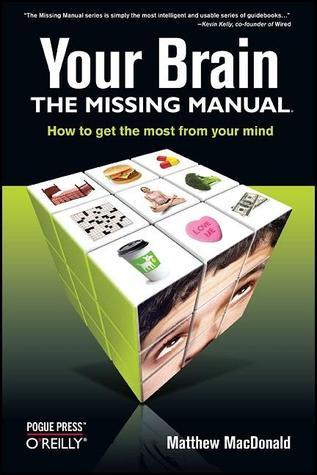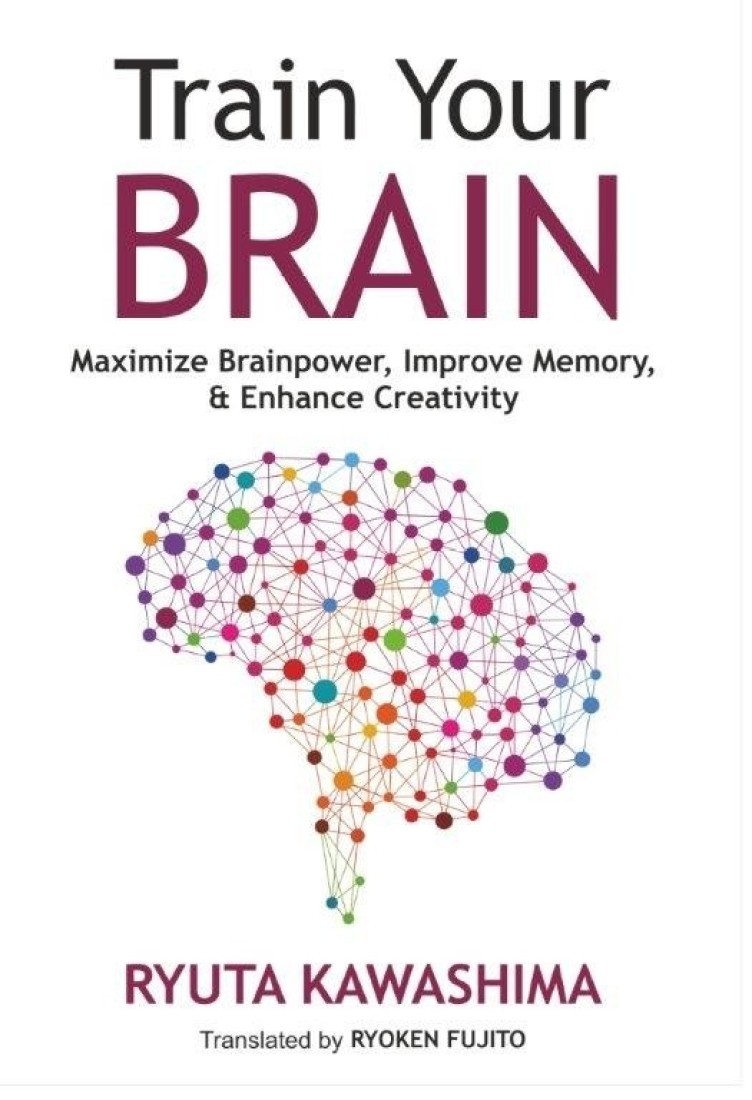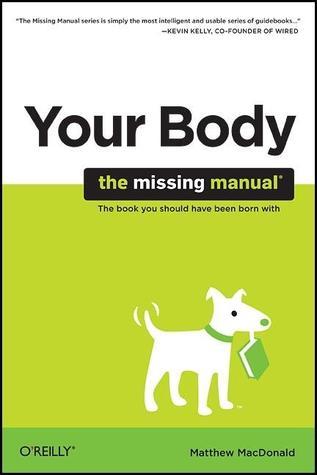
Your Brain: The Missing Manual
Book Description
Unlock the secrets of the most powerful tool you possess—your own mind. Dive into the mechanics of thought, emotion, and memory with Matthew MacDonald as your guide through the labyrinth of consciousness. Discover how to harness your brain's astonishing potential and navigate the everyday challenges that shape your reality. Filled with enlightening insights and practical strategies, this manual reveals the keys to mastering your mental landscape. Will you rise to the challenge of understanding your mind, or remain a puzzled observer of your own life?
Quick Book Summary
"Your Brain: The Missing Manual" by Matthew MacDonald is an accessible, engaging exploration into the intricacies of the human mind. Blending neuroscience with practical self-help advice, the book demystifies how the brain works, from perception and memory to emotions and decision-making. MacDonald offers clear explanations of complex concepts and provides strategies for optimizing brain function, enhancing memory, and improving everyday thinking. Readers are guided through understanding the plasticity of the brain, the influences of subconscious processes, and the ways cognitive habits shape daily life. Filled with hands-on tips and myth-busting insights, this manual encourages readers to take a proactive role in understanding and managing their mental landscape, making the science of the mind both approachable and applicable.
Summary of Key Ideas
Table of Contents
How Your Brain Processes Reality
The human brain is a marvel of biological engineering, constantly filtering, decoding, and constructing reality from billions of sensory inputs. MacDonald explains that perceptions are not perfect reflections but interpretations shaped by expectations, past experiences, and biological quirks. He uncovers how optical illusions, memory gaps, and emotional biases can skew our sense of reality. Recognizing these limitations allows readers to better navigate daily life and identify moments when their brains may be misleading them.
The Mechanics of Memory and Learning
Memory forms the bedrock of who we are and how we function. The book dives into the brain’s mechanisms for encoding, storing, and retrieving memories, emphasizing the difference between short-term and long-term memory. MacDonald explores why we forget things, how memories become distorted, and which strategies can enhance recall. Techniques such as associating new information with vivid imagery, spaced repetition, and the importance of sleep are highlighted as practical methods for boosting memory.
Harnessing Neuroplasticity for Improvement
One of the brain’s most exciting features is its neuroplasticity—the capacity to adapt and change throughout life. MacDonald breaks down how habits, thought patterns, and learning can physically reshape neural connections. This section encourages readers to embrace lifelong learning, challenge ingrained beliefs, and harness the brain’s flexibility to unlearn negative behaviors or adopt healthier routines. By understanding neuroplasticity, individuals gain hope and agency in personal change.
The Role of Emotional and Subconscious Influences
Beneath the surface of conscious thought, emotional and subconscious factors exert powerful influences over behavior. The book uncovers the role emotions play in decision-making, risk-taking, and motivation. MacDonald also dismantles popular myths about left- and right-brained thinking and underscores the richness of subconscious processing. Recognizing the interplay between emotion and reason helps readers navigate stress, foster empathy, and make wiser choices.
Strategies to Optimize Daily Brain Performance
"Your Brain: The Missing Manual" concludes with practical strategies for optimizing everyday brain function. These include developing mindfulness, cultivating creativity, improving focus, and leveraging brain-friendly routines like regular exercise and proper nutrition. MacDonald emphasizes that by understanding the inner workings and quirks of the brain, individuals can become more effective problem-solvers and happier, healthier people. Knowledge of our minds, the book insists, is the foundation of mastering life itself.
Download This Summary
Get a free PDF of this summary instantly — no email required.





